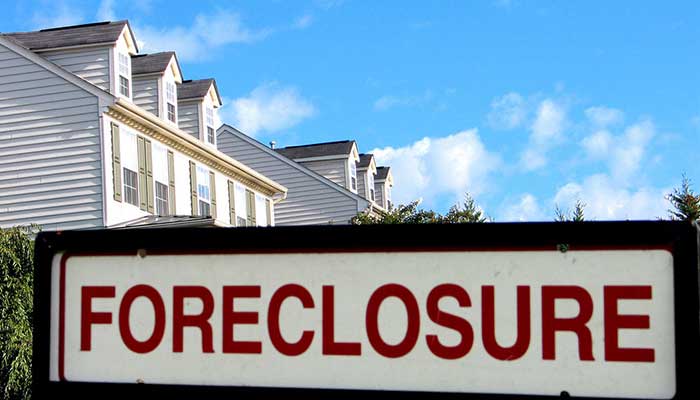Foreclosure by Judicial Sale is available in all states and is the required method for foreclosure sale in many of them. It involves the sale of the mortgaged property under the supervision of a court, where the winnings are destined, in the first place, to cover the mortgage, then to pay to other creditors of a right of retention and, finally, to the mortgagor.Foreclosure by Judicial Sale requires that the mortgagee (a bank or other lender) to proceed with caution in order to ensure that all affected parties are included in the court action, so that the buyer of the foreclosed property receives a good title on the property.
“Necessary” Parties in a Foreclosure by Judicial Sale
A mortgagee who initiates a judicial action of Foreclosure by Judicial Sale must include all the parts “necessary” in the cause. To understand what a necessary party is, it is useful to remember that the goal of a foreclosure sale is to sell the property as it was when it was created in the mortgage. Before selling the property, you should deal with any person who has acquired a real right over the property after the constitution of the mortgage.
The necessary parties include all those who acquired easements, liens, or leases after the mortgage being foreclosed was executed.
They can be added, or “joined” to the case as parties without their consent. The intent is to terminate their interest in the property. If a party is not joined, then their interest in the property is not affected by the foreclosure, and the purchaser does not acquire an interest in the property fee of their rights.
For example, if party A takes out a mortgage from party B and then takes out a second mortgage from party C, and party B decides to foreclose on the property and sell the property to party D at foreclosure, party B must extinguish the interest of party C to sell the property to party D. Otherwise party C can enforce their mortgage on party D.
“Proper” Parties in a Foreclosure by Judicial Sale
The other type of party involved in a foreclosure case is called a “proper” party. A proper party is a party that is useful — but not necessary — to a foreclosure case. An example would be a party who had an interest in the property before the mortgage was executed. Since this party would not be affected by the foreclosure, the individual is considered a voluntary party to a case and normally cannot be included in the case without consenting to it. However, often courts will require these parties to be joined anyway to the case to clarify their status with respect to the mortgage being foreclosed upon.
Procedure in a Foreclosure by Judicial Sale
The procedure for a judicial sale varies from state to state, but generally calls for a court appointed official or a public official such as the sheriff to conduct the actual sale of the foreclosed property. The mortgage holder can bid for the mortgaged property.
If a lien holder who acquired the lien after the mortgage was executed (also known as a junior lien holder) is not named as a party in the foreclosure, the individual can either foreclose the lien subject to the mortgage sold at foreclosure or redeem the lien and acquire the property by paying the purchaser the mortgage debt. In the case of a omitted junior lien holder, the purchaser of the property has the option of paying the lien holder outright for their interest in the property, or re-foreclosing on the original mortgage to eliminate the junior lien holder, in which case there would be another foreclosure sale.
Deficiency Judgments
When the foreclosure sale is not enough to satisfy the amount of the mortgage, the mortgage holder may bring a deficiency judgment against the mortgagor to make up the difference. For example, a mortgage holder of a $10,000 mortgage, who only receives $8,000 in a foreclosure sale, may sue the mortgagor for the remainder of the amount due under the mortgage.
Deficiency judgments are tempered in many jurisdictions by “fair value” legislation. This requires the deficiency to be calculated using the difference between the mortgage debt and the fair value of the real estate. In the above example, a court in a fair value jurisdiction might determine that the fair value of the property was $9,000. In that case, the mortgage holder could only obtain a deficiency judgment of $1,000.










